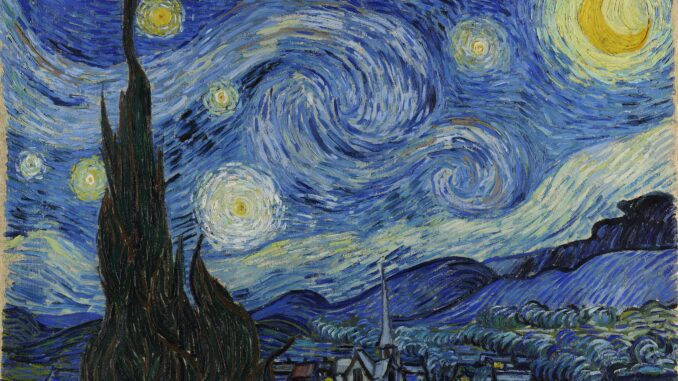
“Be joyful always!” 1 Thessalonians 5:16
“In all our affliction, I am overflowing with joy!” 2 Corinthians 7:4
Thankfulness or unthankfulness is largely a matter of the attitude of our heart.
Two men look at the same scene. One sees the defects and the imperfections and the other sees the beauty and the brightness.
If you cannot find things to be thankful for today, and every day — the fault is in yourself, and you ought to pray for a changed heart — a heart to see God’s goodness and to praise Him.
A joyful heart transfigures all the world around us. It finds something to be thankful for in the barest circumstances, even in the dark night of the soul. Let us train ourselves to see the beauty and the goodness in God’s world, and in our own circumstances — and then we shall stop grumbling, and be content and thankful in all situations.
What men and women find in the life—depends on what they are themselves. We hear some people talk of the coldness of the world. They find no love anywhere, no gratitude, no appreciation, no sympathy, no tenderness. Others, living in like circumstances and conditions—find only brightness, beauty, gladness, and tenderness wherever they go. The same skies are dull and dreary to one—and glorious with their deep, wonderful blue to another. The same fields are dreary and desolate to one eye—and filled with splendid beauty to another.
Each person’s heart—casts its own hue and tinge upon all other lives.
Two people listen to the same voice: and while one hears what seems to him to be terrifying thunder, the other hears the entrancing strains of angels’ songs.
“Two men looked out from their prison bars — One saw the mud, the other saw the stars!”
This same difference is seen in the way life’s experiences appear to different people. To one pessimistic class, everything seems discouraging. They see only the troubles, the difficulties, the hindrances, the disheartenments. They talk always in sad tone of their burdens, tasks, duties, disappointments, and trials. There is no blue sky in their picture, and no stars shine down upon them.
Then there are others who always look upon life optimistically. They are never discouraged. They are not disturbed by the perplexing things which they meet. They expect to have struggles; since with only easy life—there can be no progress, no victories, no struggling upward, and they grow only the braver and more resolute in battle. They meet obstacles and hindrances; but they are not disheartened by them, and turn them into stepping stones for upward striving. They suffer defeats and reverses; but they are not dismayed, only learning from their failures how to keep from being defeated again. Everywhere they go they hear music, and everywhere they find something beautiful and good.
All will admit that the man with the optimistic spirit—gets far more out of life, and makes far more of life, than his pessimistic neighbor. It is a great deal better to see blue sky and stars—than only dull, dreary clouds. It is a more noble thing to hear angel music — than thunders in the voices that break on our ears.
Happiness or unhappiness is, therefore, not so much a matter of external conditions—as of heart attitude. We gather in life—what our habit of heart has fitted us for gathering.
J.R. Miller was a pastor and former editorial superintendent of the Presbyterian Board of Publication from 1880 to 1911. His works are now in the public domain.




